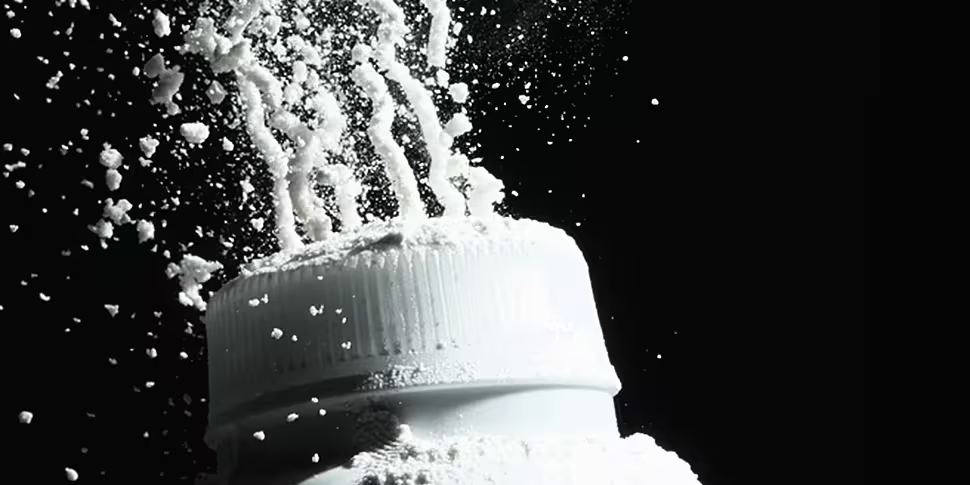A California woman who claimed her ovarian cancer was the result of using Johnson and Johnson talcum powder for 45 years has been awarded more than $70 million (€64 million).
Deborah Giannecchini was diagnosed with Stage 4 ovarian cancer, having to have her spleen, colon, uterus and ovaries removed, according to a press release from the law firm representing her.
She accused Johnson and Johnson of "negligent conduct" in the making and marketing of its baby powder.
"We are pleased the jury did the right thing," said Jim Onder, an attorney for the plaintiff. "They once again reaffirmed the need for Johnson & Johnson to warn the public of the ovarian cancer risk associated with its product."
Johnson & Johnson said they will begin the appeals process after Thursday's verdict.
“We deeply sympathize with the women and families impacted by ovarian cancer. We will appeal today’s verdict because we are guided by the science, which supports the safety of Johnson’s Baby Powder," Carol Goodrich, a spokeswoman from Johnson & Johnson said in a statement.
Last month, two similar lawsuits were dismissed in New Jersey. The company previously had to pay $72 million (€66 million), in damages to a woman in St. Louis in February and in May, another jury awarded $55 million (€50 million) in damages to a South Dakota woman who blamed the powder for her cancer.
Much research has found no link or a weak one between ovarian cancer and using baby powder for feminine hygiene, and most major health groups have declared talc harmless.
The International Agency for Research on Cancer classifies genital use of talc as "possibly carcinogenic."
Factors known to increase a women's risk of ovarian cancer include age, obesity, use of estrogen therapy after menopause, not having any children, certain genetic mutations and personal or family history of breast or ovarian cancer.









